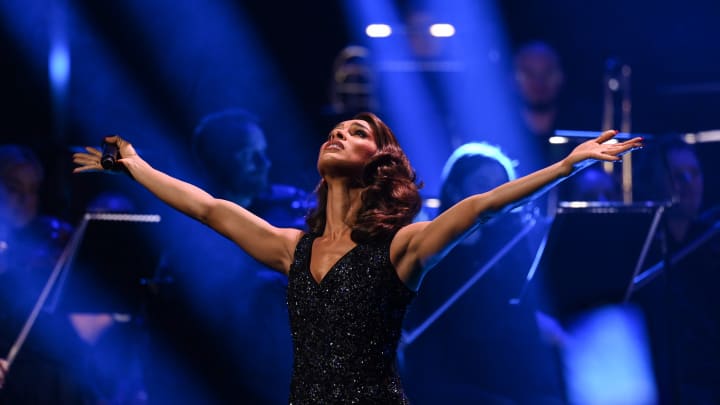Music and Culture: How Different Genres Reflect and Shape Societies

Folk music, for example, often reflects the traditions and stories of a particular region or community. Rooted in oral traditions, folk music preserves the cultural heritage of various societies, with songs that recount historical events, social customs, and personal experiences. In countries like Ireland and Scotland, folk music continues to play a vital role in celebrating cultural identity and preserving traditional practices.
Classical music, with its rich history spanning several centuries, reflects the evolution of musical styles and cultural values. From the Baroque period to the Romantic era, classical music has been influenced by various social, political, and philosophical movements. Composers like Johann Sebastian Bach, Ludwig van Beethoven, and Igor Stravinsky have contributed to the development of Western classical music, each reflecting the cultural and artistic currents of their time.
In contrast, genres like hip-hop and electronic music have emerged from urban environments and technological advancements. Hip-hop, originating in the Bronx in the 1970s, reflects the experiences and struggles of marginalized communities, addressing issues such as social injustice and economic disparity. The genre's emphasis on lyrical storytelling and rhythmic innovation has made it a powerful form of expression and activism.
Electronic music, which began to gain popularity in the late 20th century, reflects the influence of technology on music production and consumption. The genre's use of synthesizers, drum machines, and digital audio tools has created new possibilities for sound creation and has influenced various aspects of popular culture, from dance clubs to film soundtracks.
Music also plays a significant role in cultural rituals and celebrations. From wedding ceremonies to religious festivals, music enhances the emotional and communal aspects of these events. Traditional songs, dances, and musical practices contribute to the cultural richness and continuity of societies around the world.
In conclusion, music and culture are deeply interconnected, with different genres reflecting and shaping the societies from which they arise. By exploring the origins and significance of various musical styles, we gain a deeper understanding of the cultural context and the diverse ways in which music enriches our lives.